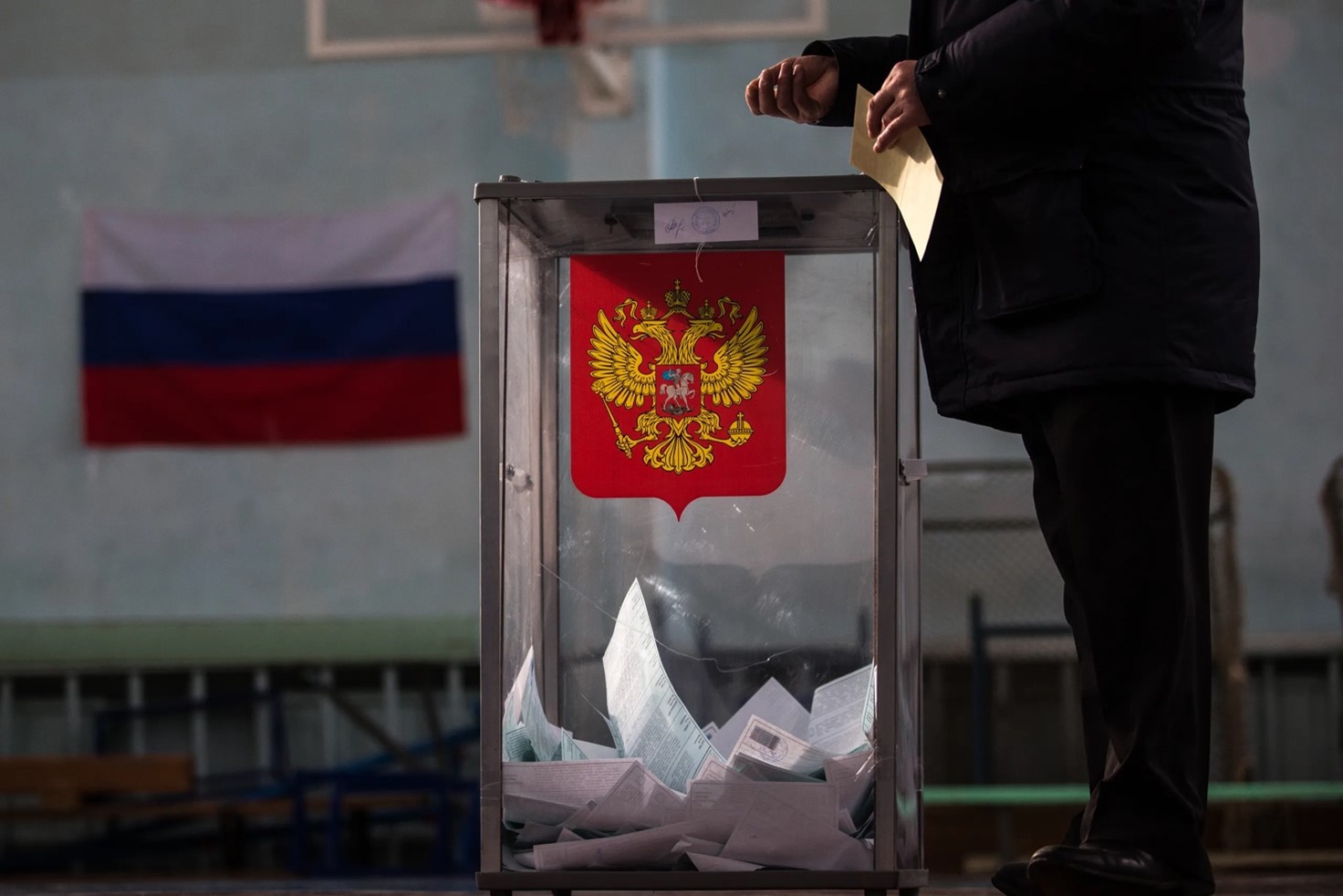Shlosberg V. Russia, No. 32648/22, ECtHR (Third Section), 3 September 2024

The case of Shlosberg v. Russia before the European Court of Human Rights (ECtHR) represents a significant example of how, in complex political contexts, electoral law can be used as a tool to exclude political opponents, thereby undermining one of the fundamental principles of democracy: the right to political participation.
The case originated from the events involving Lev Markovich Shlosberg, a Russian opposition politician, who in January 2021 took part in a demonstration in support of Navalny. For this, he was fined for organizing an unauthorized public event. Subsequently, in July 2021, he submitted his candidacy for the State Duma elections (the lower chamber of the Russian Federation’s legislative system). However, a rival candidate challenged the electoral commission’s decision to accept his candidacy, arguing that Shlosberg was involved in the “Navalny Headquarters,” an organization that had been declared extremist and therefore banned by the Moscow City Court. In August 2021, the court upheld the challenge, finding that Shlosberg had participated in organizing unauthorized public events and had expressed support for such activities online, thereby constituting involvement in an extremist organization. Despite various appeals, the decision was upheld, and Shlosberg was removed from the electoral lists.
Having exhausted domestic remedies, Shlosberg turned to the ECtHR, which found that the decisions of the Russian courts to exclude the applicant from the elections were based (exclusively) on the support he had expressed for Navalny, by participating in a demonstration and encouraging others to do the same. The Court reaffirmed that the right to peaceful assembly is a fundamental right protected under Article 11 (freedom of assembly and association) of the Convention, and that it had previously established in other rulings that convicting someone for exercising this right constitutes a clear violation of Article 11 (see judgment of 27 June 2024, application no. 52263/21). Therefore, the exercise of the right to peaceful assembly as enshrined in the Convention cannot justify any sanction, including disqualification from Parliament. This justification was deemed arbitrary. This assessment is even more significant considering that the conduct attributed to the applicant consisted merely of encouraging others to participate in the demonstration. Consequently, the ECtHR concluded that the applicant’s ineligibility – although formally in line with domestic legislation – was based on arbitrary grounds, thereby establishing a violation of Article 3 of Protocol No. 1 to the Convention.
The case intertwines with the right to peaceful assembly, a fundamental freedom guaranteed by Article 11 of the European Convention on Human Rights. Shlosberg had participated in a public demonstration in support of Navalny and had encouraged others to do the same actions that clearly fall within the scope of that right. Nevertheless, the Russian authorities interpreted these activities as evidence of involvement in an “extremist” organization and used this reasoning to disqualify him from the electoral race.
The ECtHR firml stated that the peaceful exercise of the right of assembly cannot justify any form of sanction, let alone exclusion from elections. This decision is crucial as it underscores that any measure restricting the right to political participation must be proportionate and non-arbitrary. In this case, although the disqualification was formally in line with domestic law, the Court deemed it arbitrary, as it was based solely on participation in a peaceful protest and political support actions protected by the Convention.
The Court’s ruling reflects a stringent protection of political and civil rights in a context where freedom of expression and association risk being eroded by authoritarian interventions. The judgment affirms that participation in peaceful demonstrations cannot be stigmatized as “extremist” activity in the absence of concrete evidence of violent or unlawful conduct. Furthermore, it highlights that labeling an organization as “extremist” cannot be used indiscriminately to suppress political dissent.
In summary, the Shlosberg case confirms the essential role of the European Court as a safeguard against political arbitrariness and emphasizes the need to ensure free and competitive elections, free from discrimination based on political views or peaceful protest activities.
(Comment by Edin Skrebo)

